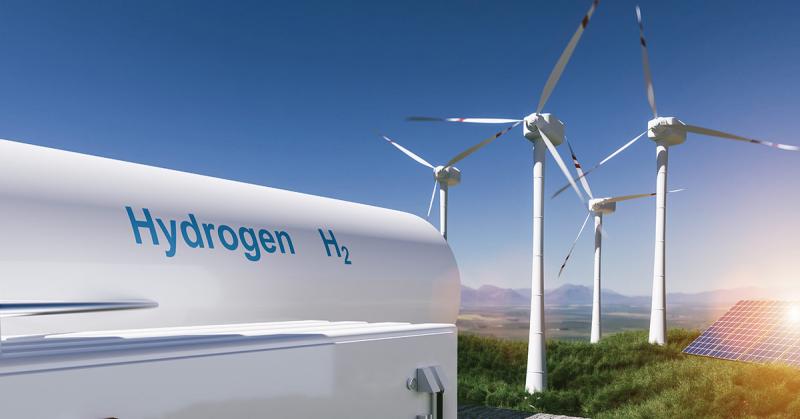Hydrogen the most abundant element in the universe, has long been recognized as a promising clean energy source. It holds tremendous potential to revolutionize our energy landscape and mitigate the adverse effects of climate change. With its high energy content and zero greenhouse gas emissions, hydrogen is increasingly being heralded as a key player in the transition towards a sustainable future.
One of the greatest advantages of hydrogen lies in its versatility. It can be produced from a variety of sources, including renewable resources like wind, solar, and hydroelectric power. This means that hydrogen production can be decoupled from fossil fuels, reducing our reliance on finite resources and minimizing carbon dioxide emissions. Moreover, hydrogen can be easily stored and transported, making it suitable for a wide range of applications.
In the transportation sector, hydrogen fuel cells are gaining traction as a viable alternative to conventional internal combustion engines. Fuel cell vehicles convert hydrogen into electricity, emitting only water vapor as a byproduct. They offer longer driving ranges and faster refueling times compared to battery electric vehicles, addressing the limitations of electric car infrastructure. Furthermore, hydrogen can be used in heavy-duty applications like buses, trucks, and trains, offering a pathway to decarbonize these sectors and reduce air pollution.
Hydrogen also has the potential to reshape the energy landscape by enabling large-scale energy storage. Excess renewable energy generated during periods of low demand can be used to produce hydrogen through electrolysis. This hydrogen can then be stored and utilized during peak demand, when renewable energy generation may be insufficient. By providing a reliable and dispatchable energy storage solution, hydrogen can enhance the integration of intermittent renewable sources and promote a more stable and resilient grid.
Moreover, hydrogen has applications in industry, where it can replace fossil fuels in processes such as heating, power generation, and chemical production. This can significantly reduce carbon emissions and help industries transition towards cleaner and more sustainable practices. Hydrogen can also be utilized for residential and commercial heating, offering a clean alternative to natural gas and oil.
However, harnessing the full potential of Hydrogen requires addressing several challenges. The cost of hydrogen production, storage, and infrastructure development needs to be reduced to make it competitive with existing energy sources. Additionally, advancements in electrolysis technologies, such as the development of more efficient and affordable catalysts, are crucial to scale up hydrogen production from renewable sources.
the power of hydrogen as a clean energy source cannot be overstated. Its abundance, versatility, and zero-emission nature make it a compelling option for a wide range of applications. By investing in research, development, and infrastructure, we can unleash the full potential of hydrogen and pave the way for a more sustainable and carbon-neutral future.
